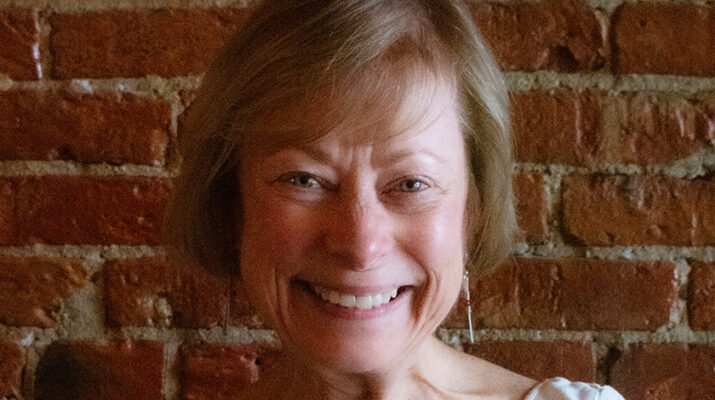Not your mother’s breast cancer
By Julie Halm
There was once an Oldsmobile commercial which referred to its newer, improved vehicles as “Not your father’s Oldsmobile.” So when Melinda Easter was diagnosed with breast cancer, like her mother before her, one of the positive thoughts she hung on to was, “this is not my mother’s breast cancer.”
Easter was 48 — the same age as her mother was — when she was diagnosed in 2002. Despite the family history, she said that she had never worried too much and just went for her regular mammograms.
“It’s not that I didn’t think about it, I just didn’t worry about it,” she said.
Her first diagnosis was on her right side and it was invasive ductal cancer. She knew that there would be treatments and perhaps struggles ahead, but she took solace in knowing that her journey would not look like her mother’s.
“It’s just the progress that they’ve made and that made me feel really good,” she said. “What my mother suffered through, it was awful, but she forged the way so that I didn’t have to.”
Easter underwent a surgical biopsy, then a lumpectomy and because the margins were never clear, she eventually underwent a mastectomy on that side.
Just two years later, she began experiencing discharge from her left breast, what she called a “dead giveaway.” This time, however, the cancer was lobular and completely unrelated to her first battle. She underwent chemotherapy as well as her second mastectomy.
Although the second round of breast cancer was not a recurrence, she would later find a lump on the left side of her chest which as a recurrence from the first, causing her to undergo chemotherapy, surgery and radiation, which she said was the one treatment she always wanted to avoid.
Easter said that the series of diagnosis, despite the positive attitude she tried to have, became at points, exhausting. This was especially the case after she was later diagnosed with unrelated lung cancer.
When the third breast cancer diagnosis came, she said she could almost understand because she wasn’t necessarily following all of the medical advice that was given to her, but between her third bout of breast cancer and the lung cancer diagnosis, she had been following medical advice to a T and adding other healthy habits to her routine.
“I did at first, did the protocol. Where I went off was after the second breast cancer, I finished with chemo and then you crash through menopause and the doctor said, ‘We’re going to prescribe you anastrozole, an aromatase inhibitor’ and I thought, ‘Are you kidding me? It’s just going to weaken my bones and all of the bad things you hear,’” she said. “I just had a bad attitude and was tired.”
Eventually, she did wind up taking the medication and did great with it, which has helped her form some of the advice she would give to other women who find themselves in her shoes.
Although she has no daughters, Easter does have granddaughters and said she would tell them that they should follow the medical protocols and balance those with more holistic things.
Easter has taken up yoga, learned about nutrition and sought therapy during her journey. She also says that the power of friendship and community to get you through the hard times. A former music teacher, she still hangs onto CDs made for her by friends during that time as well as the cards that came in from her students.
“It’s buoyant, the love of friends,” she said.
While it’s understandable that Easter might worry about her granddaughters one day receiving the diagnosis that she and own mother did, she said she takes comfort in the thought that medical advances by that time will make any potential diagnosis for them, not their grandmother’s breast cancer.

